As of 1 January 2020 certain amendments concerning the introduction of shareholders’ register for non-public joint stock companies and partnerships limited by shares came into force. The shareholders’ register is a new institution in the Polish legal system, which introduces the mandatory dematerialisation of shares for those companies and partnerships mentioned above. The purpose of the amendments is to improve the security of trading shares in non-public companies and to enable all of their shareholders to be identified.
However, due to the spread of the SARS-CoV-2 virus, the functioning of companies’ bodies, including fulfilling their obligations related to implementation of the shareholders’ register, has been significantly impeded. In order to facilitate its implementation by entrepreneurs, pursuant to the Act of 14 May 2020 (Official Journal dated 15 May 2020 item 875) amending certain laws concerning protection measures in connection with the spread of SARS-CoV-2 virus (further, the “Shield 3.0”), which entered into force on 16 May 2020, the deadlines provided by law for the shareholders’ register have been postponed.
Things worth knowing
The Register will replace the existing share register (księga akcyjna) kept by companies. The Register must be kept for each company individually by an external qualified entity, and shall be recorded only in electronic form.
Dematerialisation of shares may take place on the basis of the Act on Trading in Financial Instruments as an alternative to their entry in the Register. As an alternative to a company’s introduction of the Register, its shares may be dematerialised on the basis of the provisions of the Act on Trading in Financial Instruments. However, shares in the same company may not be registered in both a Register and with a securities depository at the same time. Moreover, in the case of public companies, all of their shares will be subject to mandatory dematerialisation based on the provisions of the Act on Trading in Financial Instruments.
The Register will record both registered and bearer shares, as well as subscription warrants, utility share certificates, founders’ certificates and other forms of participation in the company’s income or in the distribution of a company’s assets.
The introduction of the Register will have a revolutionary effect on the trading of shares in non-public companies. The acquisition of shares, or the establishment of a right in rem over them, will, in principle, only occur once the appropriate entry has been made in the Register.
The procedure for the Register’s implementation is highly formalized:
- obligation to call on the shareholders up to five times to submit their share documents;
- the first call must be made by 30 September 2020;
- obligation to enter into a Register-keeping agreement.
The procedure for the Register’s implementation is highly formalized and must be well scheduled over time. The legislator has introduced an obligation to call on the shareholders to submit their share documents as many as five times, including by way of publishing the call on the company’s website. Calls shall be made under the procedures concerning the convention of a general meeting and may not be made less than two weeks or more than one month apart.
According to the Shield 3.0 regulations, the deadline for the first call has been postponed by 3 months and should be made by 30 September 2020. It must be preceded by the general meeting’s selection of an external qualified entity to keep the register (either a brokerage house or an authorized bank) and the company’s conclusion of an agreement to keep the Register with the chosen entity.
Companies obligated to have their own websites. The earliest amendment which came into force, effective from 1 January 2020, is that creating an obligation for companies to have their own websites for the publication of any announcements required by law or their articles of association. Companies should disclose the address of their website in the Register of Businesses of the National Court Register.
Fines for failing to make calls or making them improperly. Any failure to make the mandated calls on shareholders to submit share documents, or making them improperly, as well as failing to enter into a Register-keeping agreement within the required time, shall be punishable by a fine payable by the persons representing the company and authorized to manage its affairs.
Changes in the method of dividend payments and the rules for the convening of General Meetings. The amendments introducing regulations concerning the shareholders’ register also changed the method by which dividends are paid and harmonized the rules for convening general meetings. Dividends are to be paid via the entity keeping the Register, unless the company’s articles of association provide otherwise. General meetings will be convened by way of a notice sent by registered mail or courier, or by e-mail, regardless of the type of shares issued by the company.
The Register must be implemented by the end of February 2021. The provisions of Shield 3.0 postpone the expiry date of all issued share documents from 1 January 2021 to 1 March 2021. As of this date, the Register will also replace existing share registers. The term until which the share documents will remain admissible has been also extended, from 1 January 2026 to 1 March 2026, but only with respect to proving a shareholders’ equity interests.
Should you have any questions regarding the issues discussed, please contact the lawyers from our Company Law and Corporate Governance Team: Anna Wojciechowska, Krzysztof Wawrzyniak and Karina Chrostowska-Kozioł.
Legal basis:
- Act of 20 September 2019 Amending the Commercial Companies Code and Certain Other Acts.
- Act of Act of 14 May 2020 (Official Journal dated 15 May 2020 item 875) amending certain laws concerning protection measures in connection with the spread of SARS-CoV-2 virus.
Material to download is available HERE.



